The Rural Reconciliation Project
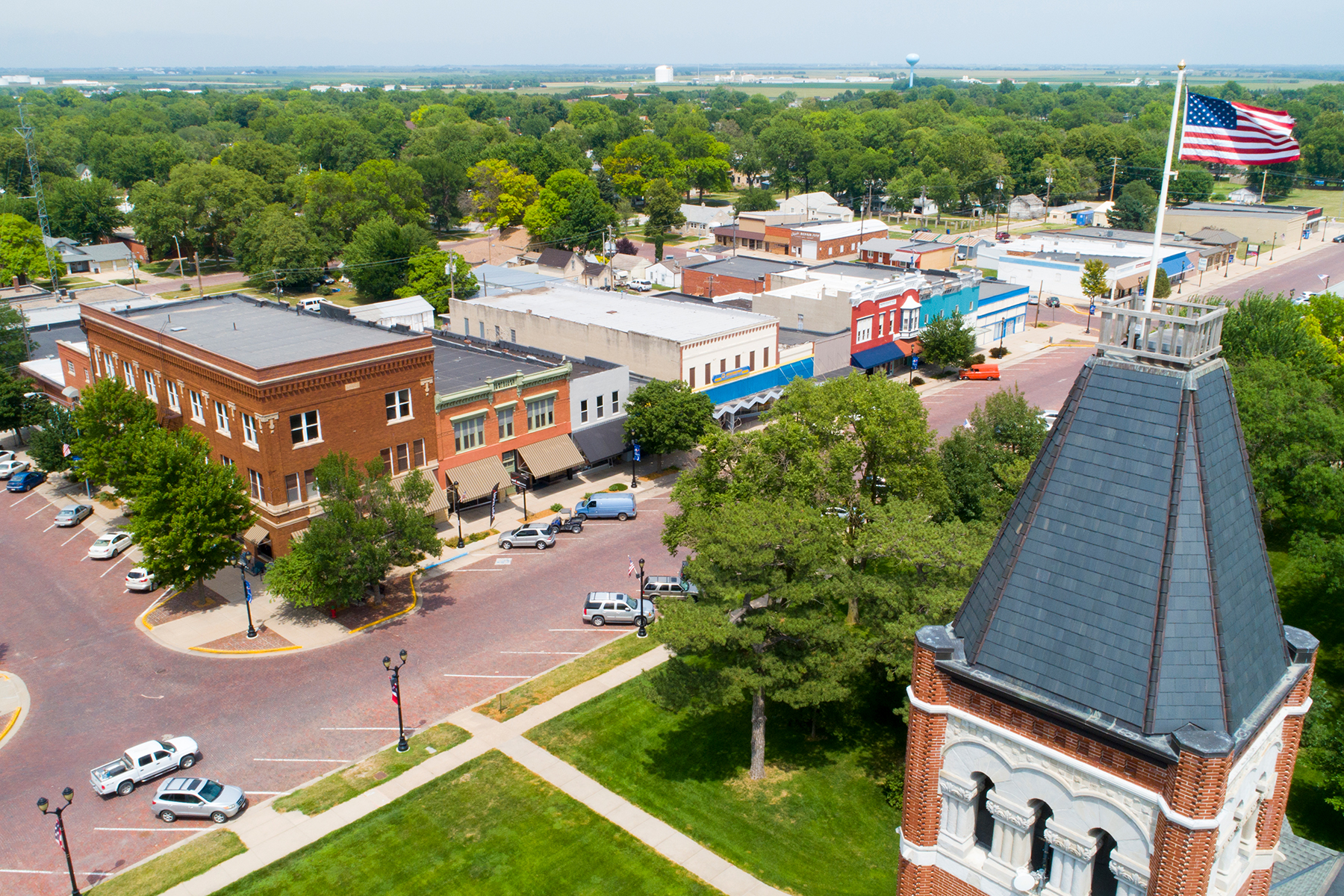
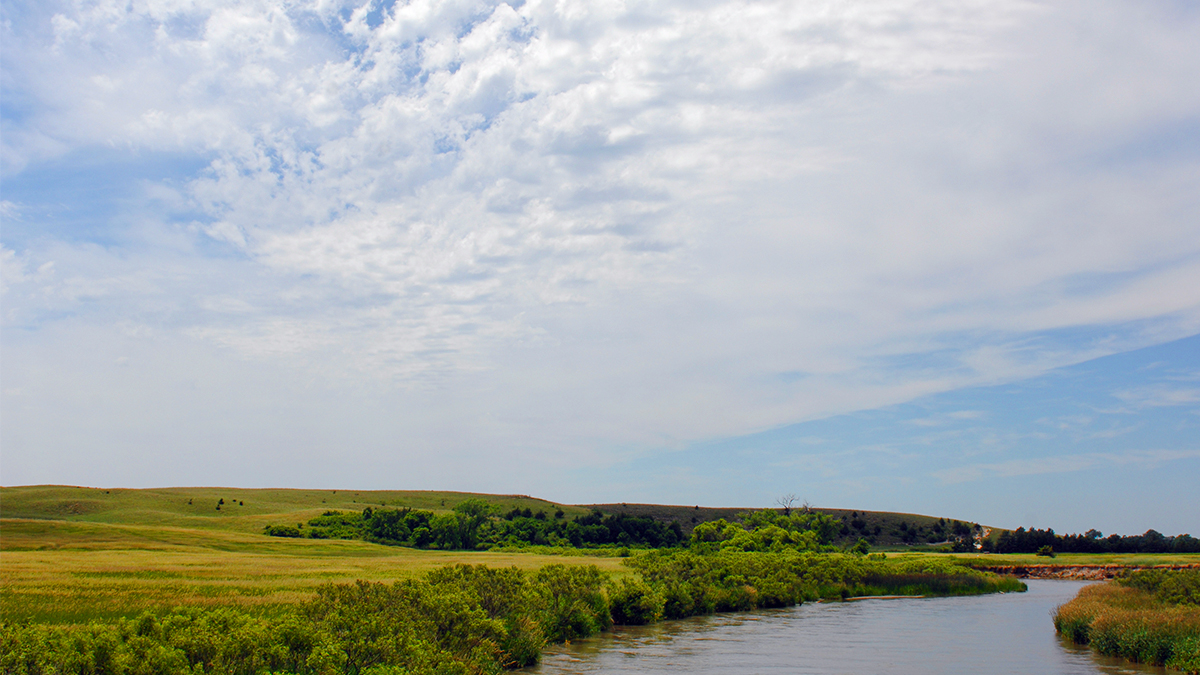
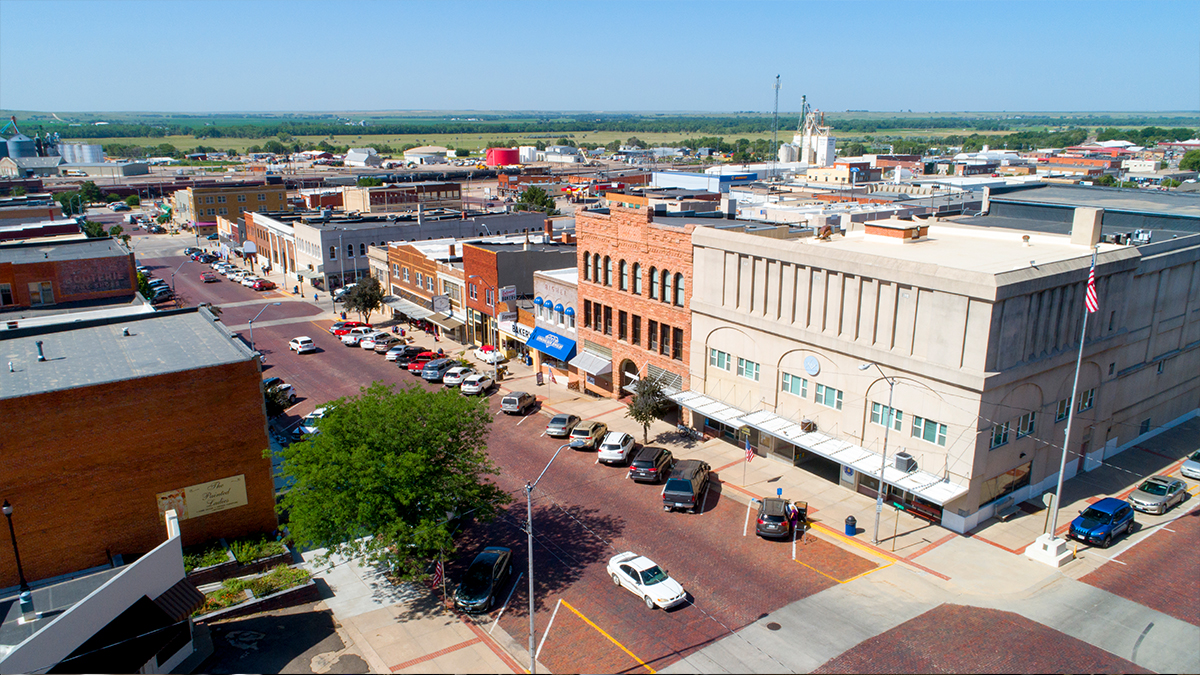
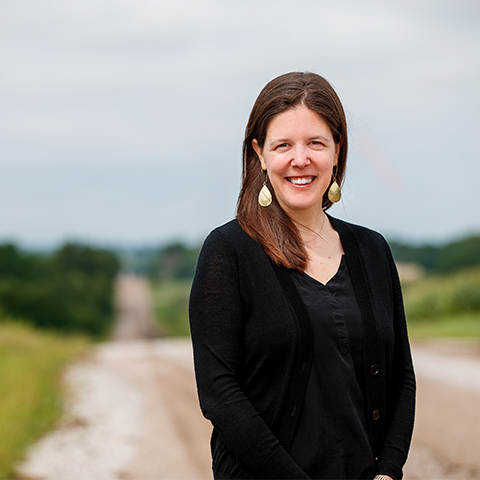
Jessica ShoemakerProfessor of Law
Professor Shoemaker has been recognized both nationally and internationally for her work on adaptive change in pluralistic land-tenure systems, as well as property law’s power to shape the contours of human communities and natural environments. Her work focuses specifically on issues of racial justice and agricultural sustainability in the American countryside and on systems of Indigenous land tenure and land governance in the United States and Canada. She is a Founding Fellow of the Rural Futures Institute, a Fellow and former Governor of the Center for Great Plains Studies, and the current Program Chair for the Association of Law, Property, and Society. Professor Shoemaker grew up on a chore farm in Iowa and comes from generations of Wisconsin farmers who grew everything from strawberries to ginseng. Prior to becoming a legal scholar, Professor Shoemaker worked as an agricultural writer, a VISTA volunteer, a rural community outreach worker, and a public-interest attorney for diverse, smallholder farmers.
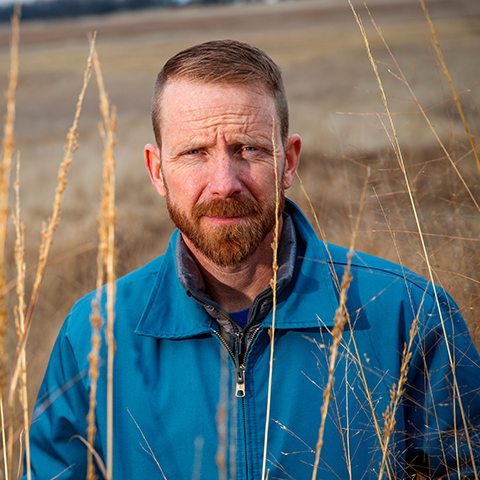
Anthony SchutzAssociate Professor of Law and Associate Dean for Faculty
The product of a farm family in Elwood, Nebraska, Professor Schutz's research interests include the often intertwined subjects of agricultural law, environmental and natural resources law, and state and local government, all of which have significant impacts on rural landscapes and populations. Professor Schutz has served as the chair of the AALS Section on Agricultural Law, is active in the American Agricultural Law Association and the Rocky Mountain Mineral Law Foundation, and is a frequent lecturer on agricultural and water law issues regionally and nationally. He is often involved in Nebraska policymaking at the state and local levels. He serves as a director of the Lower Platte South Natural Resources District and he directs the Rural Law Opportunities Program at the College of Law.